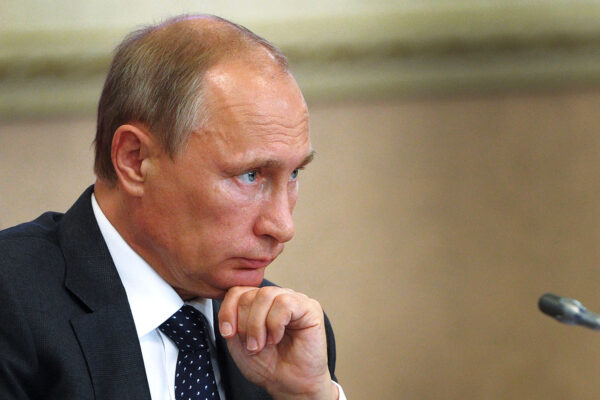
If Donald Trump is hoping a good talk with Vladimir Putin in Hamburg, Germany on Friday will sort out East-West relations, he is probably mistaken.
David Kramer, who served in the George W. Bush Administration, argues in The American Interest that dialogue means little if your partner is unreliable.
- Russia is on the opposite side in the Syrian Civil War, supporting the dictatorship of Bashar al-Assad while doing little to eliminate the self-proclaimed Islamic State.
- Russia has been supporting and arming the Taliban in their attacks on American troops in Afghanistan.
- Russia continues to stir rebellion in southeastern Ukraine in violation of the Minsk ceasefires.
- Russia occupied and annexed the Crimean Peninsula from Ukraine in violation of two post-Soviet treaties it signed with the country.
- Russia is in violation of the Intermediate-Range Nuclear Forces Treaty with the United States.
- Russia has never abided by its ceasefire with Georgia. It has even deepened ties with the breakaway regions of Abkhazia and South Ossetia.
- And, lest we forget (Trump often does), Russia interfered in the 2016 presidential election in order to help the Republican win.
Kramer points out that every president since the Cold War has thought he could handle Russia better than his predecessor. They have all come away disappointed.
Maybe this endless cycle of dashed hopes just needs to play out once again, but in today’s increasingly dangerous world, it would be much better if the Trump Administration would forego the “learning curve” period.
